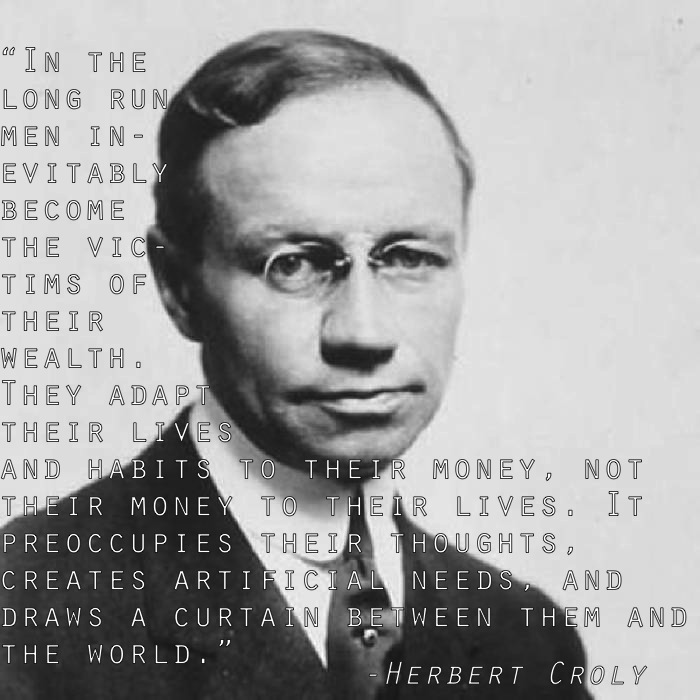When I was a kid The New Republic was a thing. To me, a big thing. I subscribed, even though I probably had it more than I read it. But I definitely read it. And I still think of the cast of characters, now all in their 50s or 60s or 70s, who were the core staff back then.
Then when I got to college I did my work study job as a research assistant for Daniel Rodgers, a peerless historian, who ended up being my undergraduate advisor. Once I showed I was trustworthy enough, he put me to work doing preliminary research for a book he was writing. And the bulk of the research – 25 years ago – was reading microfiche editions of The New Republic from its first decade of publication, through World War I and into the early post-war era.
Then when I decided to ditch being a history professor and become a journalist that was the place. I wrote a handful of pieces there on a freelance basis in the late 90s and early aughts. I’ll confess to you: for a number of years I waited, hoped for the call, which obviously never came.
This afternoon news broke that Editor Frank Foer ‘resigned’ and he was followed by the magazine’s literary editor Leon Wieseltier, either as part of the same push or in protest or something else. A short time later the magazine’s new CEO, Guy Vidra, announced that he is “re-imagining The New Republic as a vertically integrated digital media company” rather than a magazine. The news had been foreshadowed by a handful of articles in recent weeks; today it burst like a thunderclap.
Given what I do, I’m no media nostalgist. Things change. Magazines are born and fold, more the latter these days than the former. All media organizations do the same. Nothing is permanent.
I do not think there can be any doubt that what TNR was in decades past was deeply undermined by the publishing revolution of the last 20 years. This didn’t happen in the print versus digital sense we normally think of, not like what happened with newspapers, which is very different.
The key is that 30 years ago, if you wanted to read meaty, smart and incisive writing about politics, policy and the political culture of the United States – written for people who were really into those things – there just were not many places to find it. There were very, very few places in fact.
There were no blogs. There were none of the numerous digital publications which all to some degree take a stab at producing that kind of writing. There was The Nation further to the left, National Review on the right. And none of this is to diminish other even smaller magazines playing a similar role. But there was just nothing comparable to the profusion of material (content, as we now say) we have today.
A lot of people on the left grew to hate the Marty Peretz version of TNR, often for splendidly good reasons, sometimes for not so good reasons. Some of the biggest haters were actually people who wrote for the magazine or helped run it. But the depth of that venom or contempt was precisely tied to the singular nature of the institution. There were only a few places that maintained these virtual national conversations. And if Marty was pulling it to the right or warping it with his obsession with Israel or his increasingly right-leaning politics that was a really big deal.
It wasn’t just scarcity either. TNR was also really good. Sometimes better than others, sometimes fantastic, other times pretty terrible. With the digital revolution, though, even if TNR were just as good as it had ever been there was just an avalanche of stuff out there that was a lot like it. And that made a huge, perhaps finally fatal, difference.
I’m not here to bewail what happened today. Maybe it’s a travesty; maybe it’s bowing to the inevitable; or maybe it’s a great thing. I’ve met Chris Hughes a couple times and enjoyed talking with him immensely. I’ve known Frank Foer quite well for at least 15 years. I may say more about these things and these guys later. But for now it’s simply worth saying that the changes Guy Vidra plans to make – with Hughes’ full backing – almost certainly mean the end of The New Republic as we’ve known it, as anything like how we’ve known it, for 100 years.
Maybe it’s time was just over. But it’s worthwhile to mark the event and the date. A century, after all, ain’t bad.






